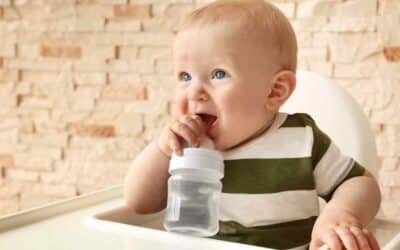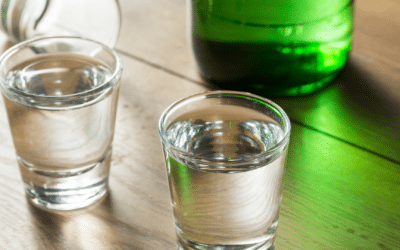It’s not surprising that distilled water is the best choice for infant formula. It is free from most contaminants and harmful pathogens found in unpurified water and reduce the chances of your child developing fluorosis.
But what makes distilled water ideal for infant formula? Is distilled water ideal for babies? If you want to learn more about the process behind distilled water, then continue reading. We’ll discuss the basics of distilled water, the distillation process, and whether or not it is better than boiling tap water.
Introduction to Water Distillation
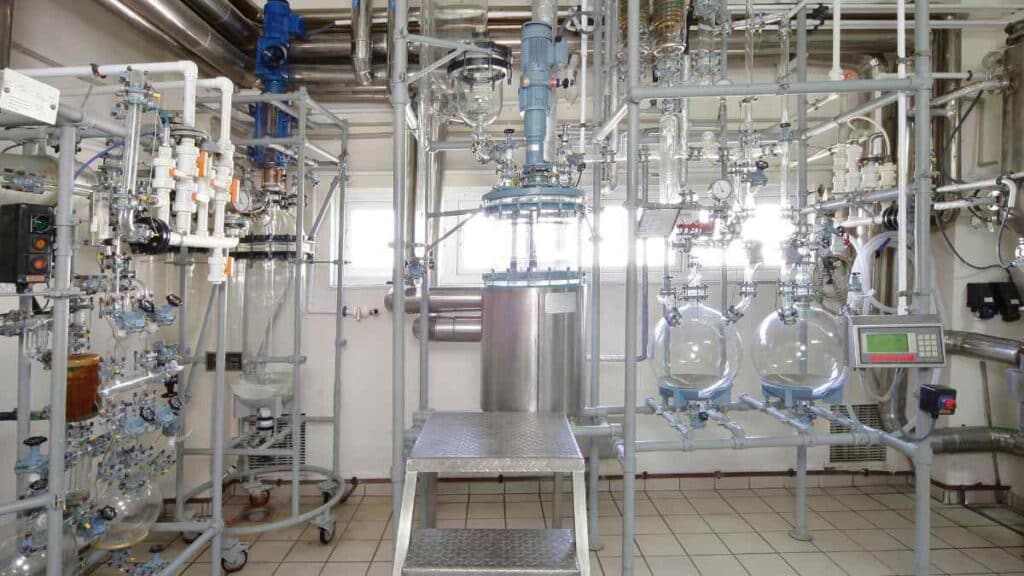
Water distillation is a particular water purification method that involves turning water into steam to convert it into drinking water. It’s an effective way to remove various harmful pathogens and chemicals from the water, such as arsenic and lead. It’s also effective in eliminating fluoride from the water.
Water distillation imitates how nature naturally produces purified water and redistributes it. If you think about it, the heat from the sun’s rays evaporates the water from the surface waters and then turns it into water vapor. And as the water vapor rises, it condenses and creates clouds. Soon after, the clouds will become heavy and fall back to the ground through precipitation.
It’s a perpetual cycle that changes the world as we see it. Alternatively, it’s the same cycle that purifies the Earth’s water. Evaporation causes leave the contaminants away from the water as it dissipates, ensuring that any minerals and other are left behind as the water turns into steam.
How a Water Distiller Works
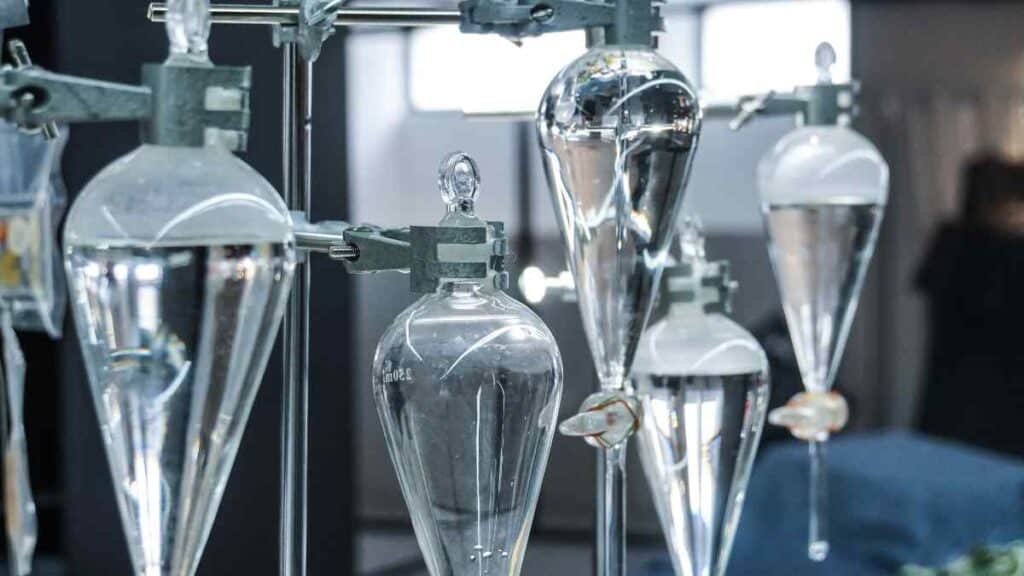
To start the water distillation process, you must pour the tap water directly into the boiling chamber. It should have a heating feature to raise the water temperature until it reaches a rolling boil.
As the temperature of the boiling water increases, steam gets produced. Once that happens, you’ll notice that the boiling chamber will start to vent as the rising steam travels through it and goes into the condenser. As the steam turns into water droplets, it leaves behind almost every contaminant from the distilled or purified water.
The water droplets then go to the condenser tube and go through the activated carbon postfilter to eliminate any remaining contaminants that may still be left with the droplets. Then, the water droplets go through the distiller, which you can collect using a stainless steel reservoir or a glass bottle.
Producing drinking water that you can use to mix infant formula can take up to six hours. Like many other water purification processes, it’ll take a long time to complete. Producing more than a few droplets to fill an entire bottled water can take an hour or so.
Different Impurities that Distillation Removes
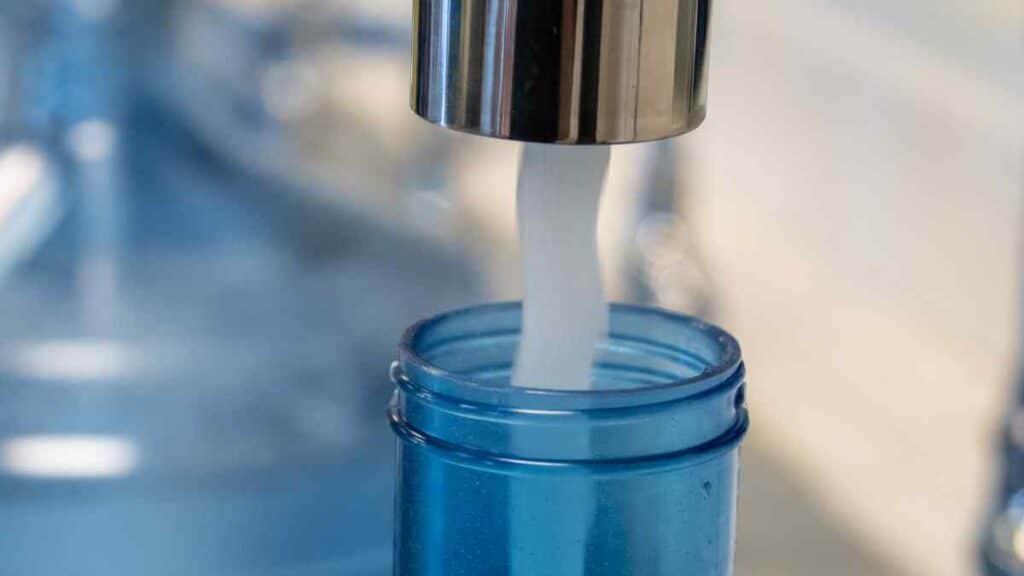
Water distillation is an excellent process of turning ordinary tap water into distilled or purified water for baby formula. That’s because it eliminates potentially harmful contaminants that may cause adverse effects on your baby’s health.
Besides removing organic compounds such as dissolved salts and other solids, it’s also effective at removing lead and other metals. Boiling water also eliminates viruses since pathogens cannot withstand high temperatures.
Also, unlike some water purification processes, distilled water doesn’t use chloramine or chlorine for sterilization. Water hardness also gets eliminated during the process, along with its mineral content.
Does Boiling Water Produce the Same Results?
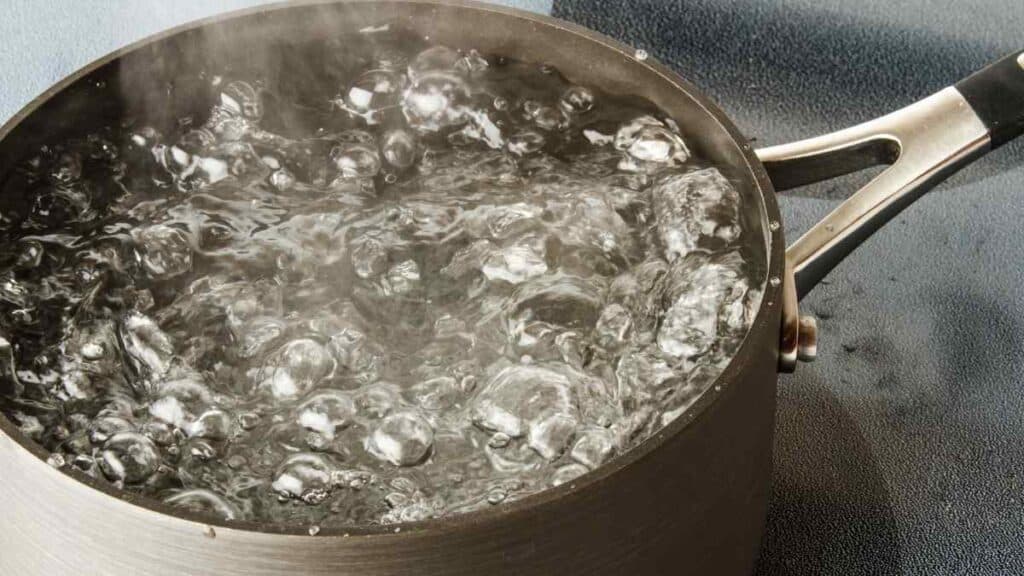
Boiling tap water is less effective at eliminating pathogens and chemicals than distillation. Although boiling water can reduce pathogens, it wouldn’t effectively remove any potentially harmful chemicals.
However, boiling tap water is crucial when municipal water pipelines get compromised or damaged. Your municipalities will announce whether you need to boil the water for baby formula.
Benefits of Using Distilled Bottled Water
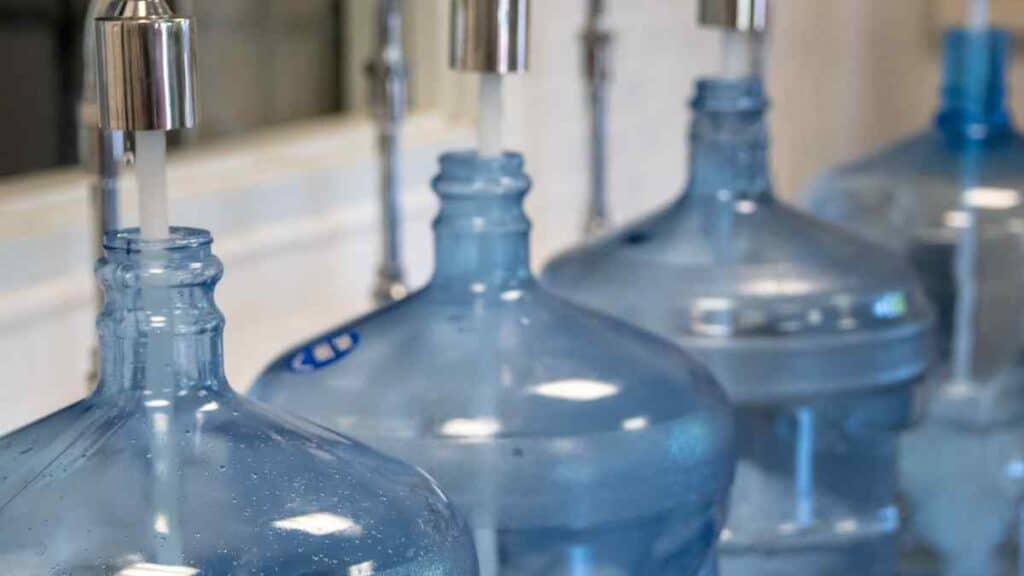
Exceptional Water Purity
Using distilled bottled water for baby formula guarantees it’s free from harmful contaminants and other water-related diseases. From excessive amounts of fluoridated water to solids and metals, the installation process will eliminate these elements from the water.
Various Uses
Besides mixing your baby’s infant formula, distilled bottled water can also have various uses. Distilled water is an excellent addition to household products, such as humidifiers and irons. You can also use it to clean windows and other glass surfaces to remove streaks.
Easy Installation
Compared to other purified bottled water filters, a water distiller barely needs any complicated installation process to get working. You can set up countertop water purifying devices on your counter as you plug them into an electrical outlet—no need to add a few drops of chemicals to filter the water.
Is Distilled Water Similar to Purified Water?
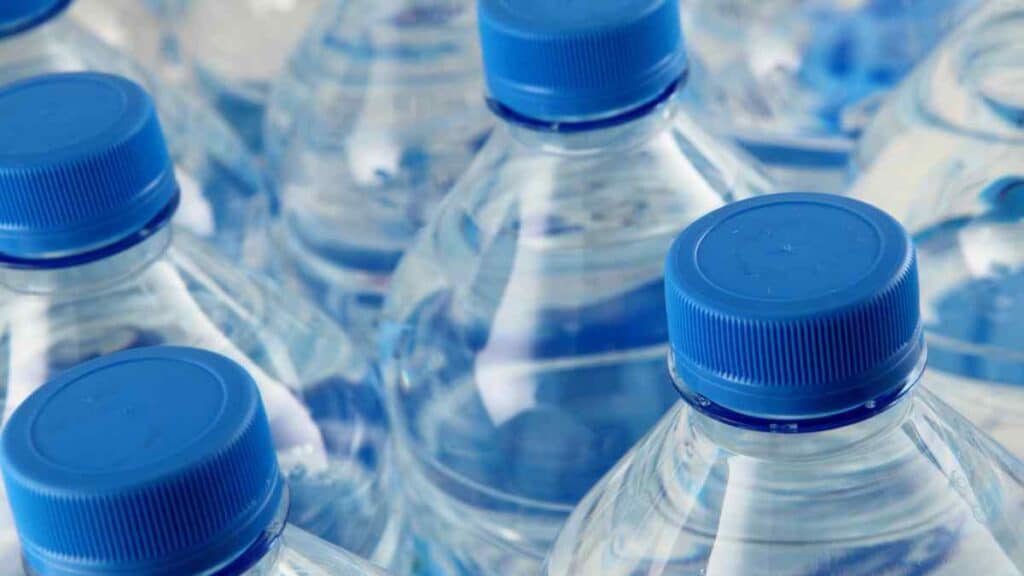
Distilled water and purified bottled water share similarities in that both water sources went through various processes to eliminate minerals and impurities.
Purified water bottle goes through reverse osmosis, a process by which the tap water for baby formula passes through a membrane that traps chemicals and microbes so that you can get rid of them.
Do You Need to Boil the Distilled Bottled Water to Prepare it for Your Infant’s Baby Formula?
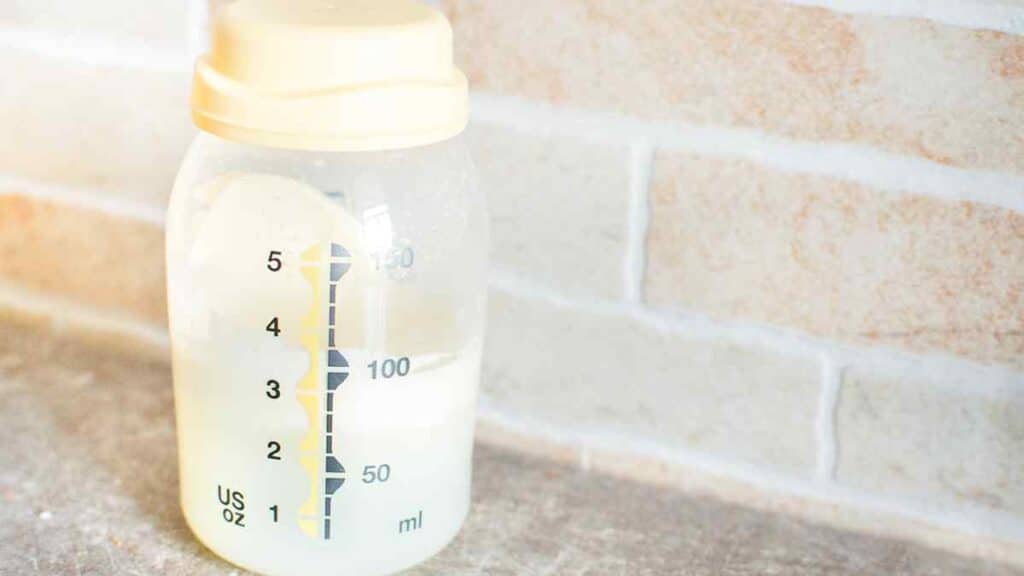
Previously, manufacturers often indicated the need to boil the water before using it to prepare infant formula. But as the years pass, manufacturers these days recommend speaking with your pediatrician to know if there’s a need to boil the drinking water first before mixing it with liquid concentrate formula.
Many experts believe getting your drinking water supply for human consumption is important. Having your water supply regularly tested for water safety is also essential.
If you’re unsure of water safety, then it’s best to boil the water first with an electric kettle. You can take cold tap water and then bring it to a boil before turning it off. Let it cool for a couple of minutes until it becomes almost similar to your body temperature.
It’s also best to remember to boil water for a maximum of a minute. It would only turn much of the tap water into steam, concentrating the impurities in the water. At the same time, never leave the tap water cooling for more than half an hour to prevent potential bacterial contamination.
You should also ensure that the bottled water is at the right temperature. You can shake a few drops onto your wrists to check if the baby formula is at the right temperature.
Lastly, read the baby formula label before mixing it with bottled water. You need to put the exact amount of tap water and powdered formula to ensure that your baby gets the right amount of nutrients while keeping them hydrated.
Understanding the Effects of Fluoride on Your Baby

Fluoride is a naturally occurring mineral that can help strengthen the tooth’s enamel to protect it from damage. However, too much fluoride can also harm babies, especially their growing teeth.
Dental fluorosis is a dental condition that can cause a person to develop faint white lines on their teeth due to excessive fluoride exposure. Although it isn’t a tooth disease, it can become unsightly as they grow their adult teeth.
That’s why experts highly recommend parents use low-fluoride bottled water for their babies. You can check the label on the packaging to see whether it’s low-fluoride bottled water. Doing so ensures that your baby is protected from any exposure to additional fluoride.
Does Drinking Distilled Bottled Water Deprive Your Baby of Minerals?

No, minerals are abundant in nature, not just in water. Although water sources such as spring water contain minerals that are beneficial to your body, there are other sources that you can tap into to get the nutrition that you need. Besides water, you can also get some much-needed minerals from fruits and vegetables.
But if you want minerality in your drinking water, you can consider getting low-fluoride bottled water for your prepared formula. Doing so ensures that your babies won’t get exposed to too much fluoride.
Key Takeaways
Choosing the best water is essential for your baby’s health. By providing them with clean and safe drinking water, you can protect them from possible contaminants that may harm their health. So, before you even take out their prepared formula, ensure that you have access to clean water to keep them safe.
We want to hear your thoughts about the article! Did it help you? Comment down below if you have a question.

